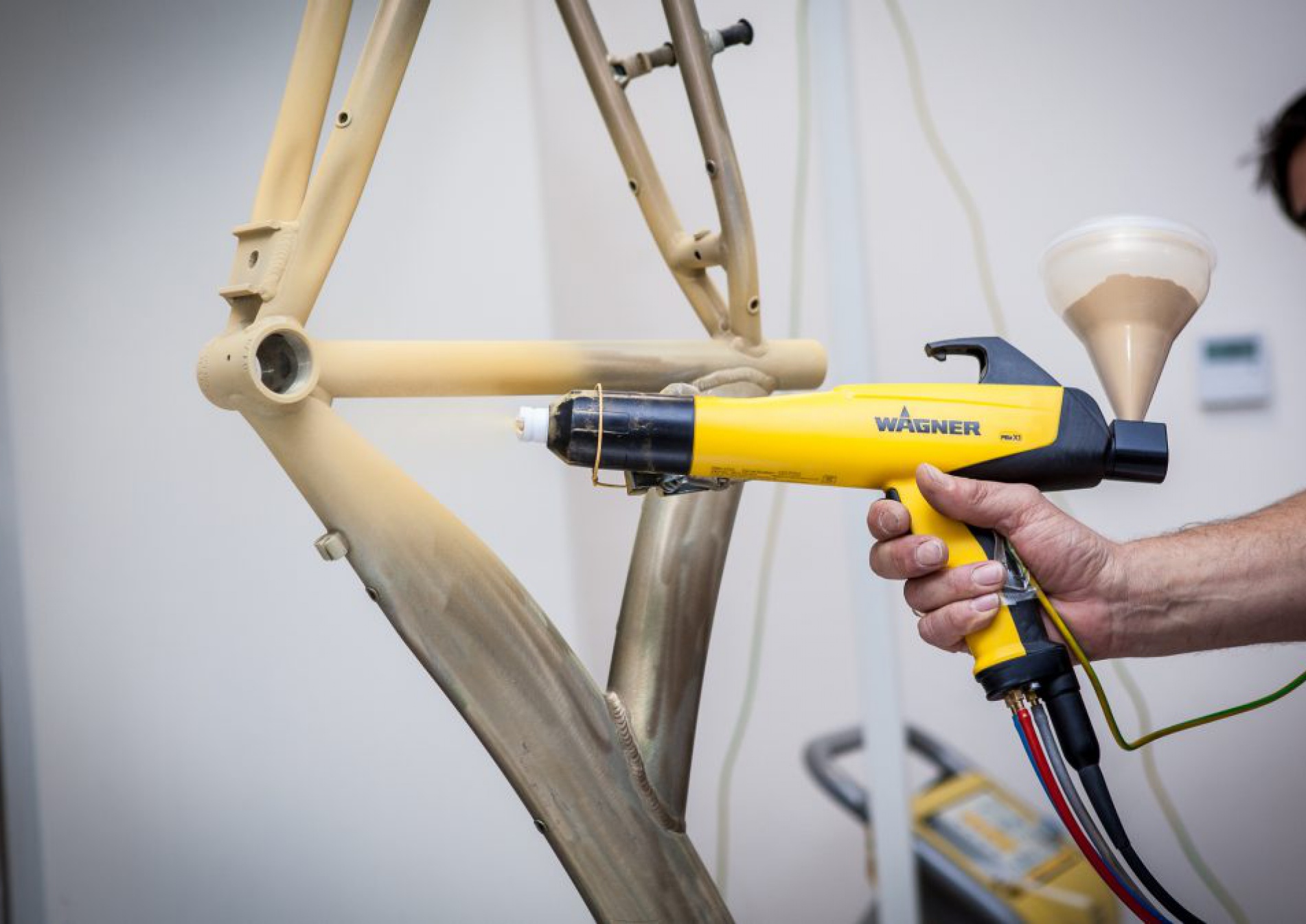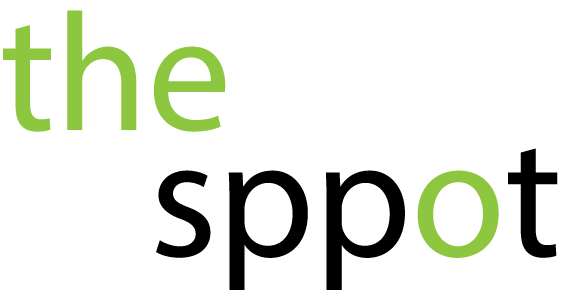
Start of European Alloy Frame Making Sparks Many More Initiatives
DOETINCHEM, the Netherlands – Only a few years ago the (re-)start of (alloy) frame production became a topic in the European bicycle industry. Investing in and setting-up frame production here is seen as a major move towards adding flexibility to the industry’s supply chain. The concept has quickly been embraced and new initiatives are taken. Here’s an update of the current state of affairs.
The most well-known aluminium frame production project in the industry is Triangles in Portugal which started last year November and officially opened its new factory in 21 October. The Agueda, Portugal based companies Rodi, Miranda, and Ciclo-Fapril invested over € 14 million in the frame facility, which has an initial annual production capacity of about 450,000 aluminium frames.
Third location in Portugal
A second frame production location in Portugal is in Gaia at the RTE facility. With an annual capacity of 300,000 steel frames, RTE is exclusively manufacturing bicycles for Decathlon.
Next to Triangles and RTE plans are currently being made for a third frame making location in Portugal. These plans are now reaching their final stage, as insiders reported at last October’s Taichung Bike Week. These three locations together would present ‘Portugal’s Bike Value’ a strong bicycle and e-bike production position in Europe.
East Europe also steps in
The concept of close to market frame production for increasing speed and adding flexibility to the supply chain also sparked new initiatives in other countries like in Bulgaria. At Eurobike, last August, the companies Fox Laser and Metal Werk presented their plan for frame production in Bulgaria in the very near future.
Earlier this year Turkish Korel Elektronik Sanayi ve Ticaret AS announced to step into large-scale robotized alloy frame making. The company located some 300 km southeast of Istanbul; claimed to have a production capacity of about one million frames annually and started production already. Next to producing frames for the company’s own brand Corelli, Korel Elektronik also wants to offer its alloy frames to OEM customers and in particular to the ones based in the EU member states to where it can export (import) duty free.
Rehau and Mokumono
Two innovative frame concepts with production in Europe were already introduced in 2015 and both are in the final stage before going to market. One of them, Rehau, who presented their frame production technology together with Storck at Eurobike 2015, confirmed at Taichung Bike Week last October to Bike Europe that they are about to launch their Germany-made composite e-bike frame.
The 2017 Eurobike Award winner Mokumono raised about 100,000 euro via Kickstarter for their frame production technology developed together with their business partner Witte van Moort, based in the Netherlands. At little later than expected, Mokumono announced to start delivery of their bikes in February 2018. Mokumono frames are made of two sheets of 7000-grade aluminum pressed into form and laser welded together.
From Asia
Next to the named initiatives more is to come. Even from Asia. One of the biggest frame makers from this part of the world – Astro – said at the last March held Taipei Cycle Show to be working on plans for the set-up of an alloy frame-making facility in Europe.
Change of mind-set needed
Whether all these initiatives can be successful not only depends on the frame makers or OEM procurement managers. “We need a mind shift of products managers as well,” explains Luigi Seghezzi, CEO of Italian Bike Machinery. He and his company is, next to know-how, providing the tube preparation machinery for frame-making installations. Bike Machinery also makes machines for checking and correcting the right alignment of the welded frames. Seghezzi provided such machinery to Triangles. He says “When developing a new alloy frame product managers have to start at the beginning; how is the frame made? What are the implications of their specifications for the production of a new frame, but also for the assembly of the bike? Decathlon is a good example of a company that includes frame production specifications in their design process.”















